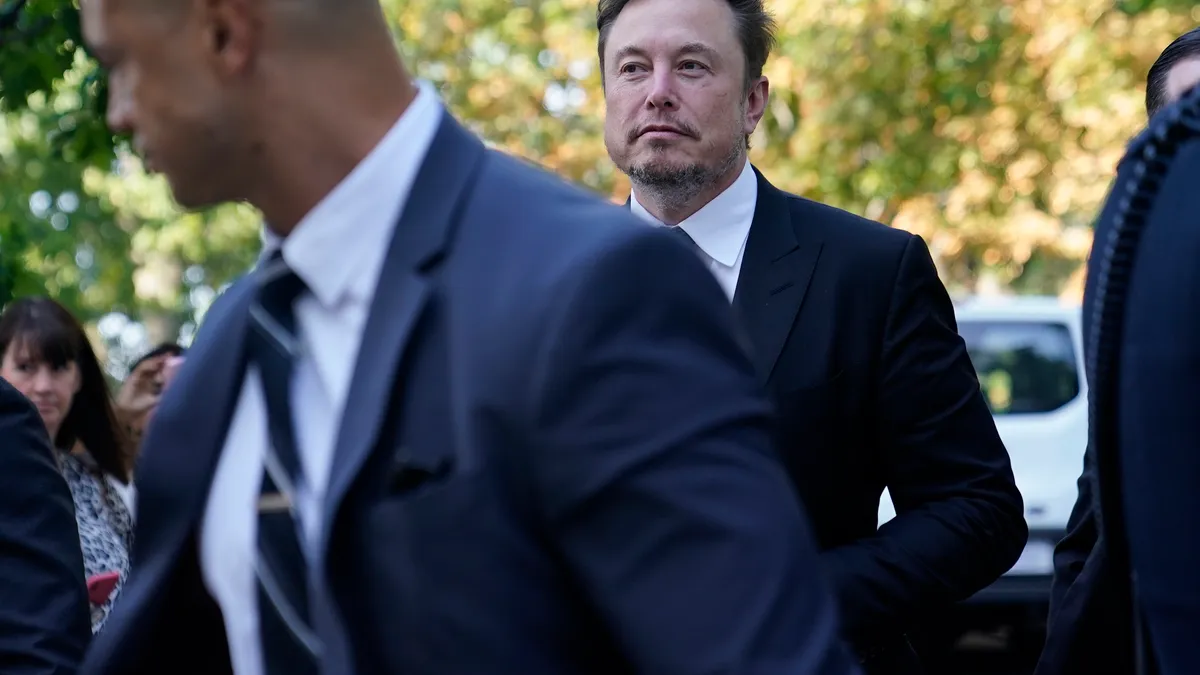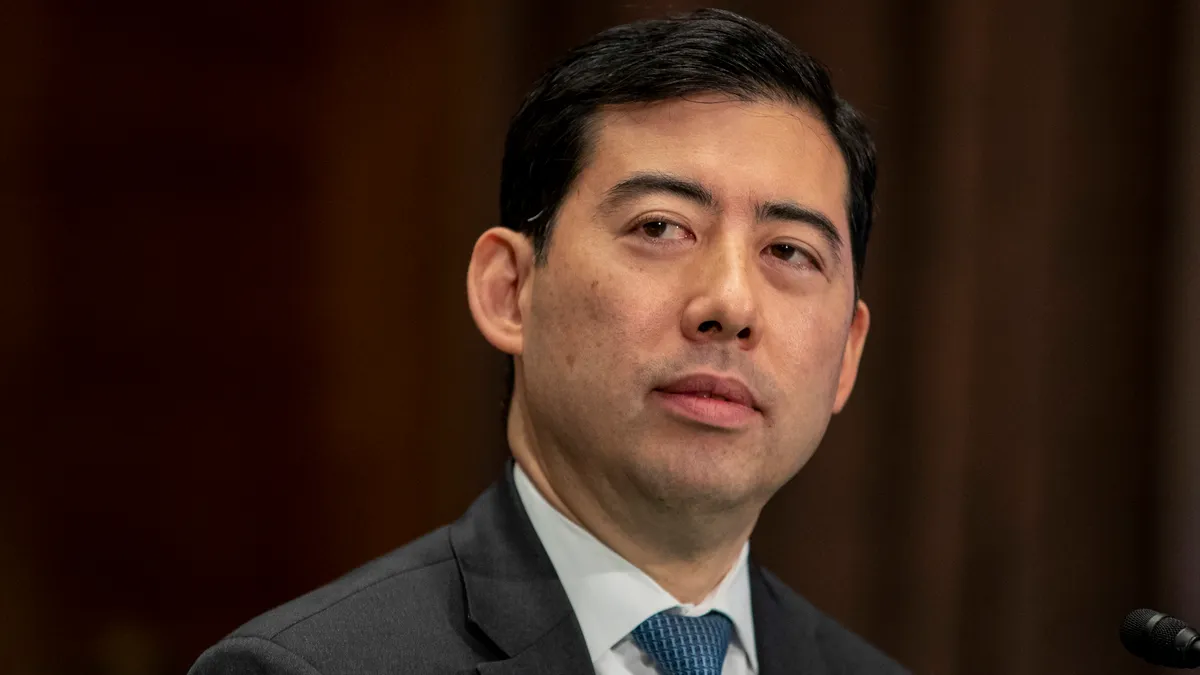Tesla’s board is relying on a novel interpretation of Delaware law to revive the $56 billion pay package of its CEO, Elon Musk, that’s been in legal limbo since the company’s shareholders approved it in 2018.
The Delaware Chancery Court in January shot down the record-setting package on the grounds it was developed by Musk, not by an independent compensation committee, and company shareholders, when they were asked to vote on it, weren’t properly informed about it.
“Musk … dominated the process that led to board approval of his compensation plan,” Judge Kathaleen McCormick said in the ruling.
In response, Musk slammed the Chancery Court and vowed to move Tesla’s incorporation from Delaware to Texas, where he believed state law would be more business friendly. “Tesla will move immediately to hold a shareholder vote to transfer state of incorporation to Texas,” he said on X.
The company is now trying to make good on that promise as well as take a second stab at getting the pay package across the finish line.
In a proxy statement filed with the Securities and Exchange Commission April 17, the company is asking shareholders at an upcoming meeting to again vote on Musk’s pay package along with the proposal to move the company.
“Earlier this year, a Delaware Court … struck down one of your votes and rescinded the pay package that an overwhelming majority of you voted to grant to our CEO, Elon Musk, in 2018,” Robyn Denholm, Tesla’s board chair, said in her letter in the proxy statement.
Sec. 204 of DGCL
The company is citing Section 204 of Delaware General Corporate Law as the basis for the second vote on the pay package. The provision enables companies to make corrections to board decisions marred by technical problems in their approval.
Legal analysts call it a stretch to apply the provision to the pay package, which wasn’t struck down for technical reasons but was deemed improper on substantive grounds by the court and needs to be redrawn.
Section 204 is really meant to be a "Band-Aid" for technical boardroom mistakes, not a way to undo major court rulings, Eric Talley, a professor at Columbia Law School, said in a Yahoo! Finance report.
The company is counting on the upcoming vote, scheduled for June 13 at the company’s Texas facility, as a show of shareholder support to make it easier for the package to win on appeal in the Delaware Supreme Court, Talley said in the report.
“It could shift the burden to the plaintiffs [the shareholders who brought the pay-package lawsuit to the courts in the first place] to prove Musk's pay was unfair,” the report says.
Although about two-thirds of Tesla shareholders approved the pay package in the earlier vote, the vote was problematic because shareholders weren’t properly informed about how the pay package came about, the court said.
“Defendants were unable to prove that the stockholder vote was fully informed because the proxy statement inaccurately described key directors as independent and misleadingly omitted details about the process,” the judge said.
The pay package, approved in 2018, itself is novel. Musk earns nothing unless the company hits performance milestones. Each time the company’s capitalization increases by $50 billion, Musk gets 1% of Tesla stock. The $56 billion comes from the company hitting all of the milestones and reaching $650 billion in capitalization — which Tesla did just a few years later.
A group of shareholders, led by Richard Tornetta, sued in 2019, saying the Tesla board was conflicted and “supine,” as Deadline reported, for allowing Musk to design his own pay package.
Even if shareholders vote to approve in June, the pay package still faces a tough time in court. For one thing, all of the performance milestones have come and gone, so allowing the pay package to go through would mean Musk would get $56 billion even if the company were to tank from this point forward.
That could be considered a waste of corporate assets, said Ann Lipton, a corporate law professor at Tulane University, in the Yahoo! report.
“They are saying we are essentially giving him money because we like him so much and for no other reason,” she said. “That is not something you can just ratify with a majority shareholder vote.”
Most retail investors can be counted on to support the package in the upcoming vote, but institutional investors have little reason to go along with the plan, an Axios report says.
“Institutional investors who benchmark the S&P 500 were largely forced to buy Tesla stock when the company joined the index on Dec. 21, 2020,” the report says. “On that day, Tesla stock opened at $216 per share — 39% higher than its current level.”
In other words, the report says, “a very large part of Tesla's institutional investor base, far from being grateful for Musk's wealth creation, is sitting on substantial capital losses.”



















